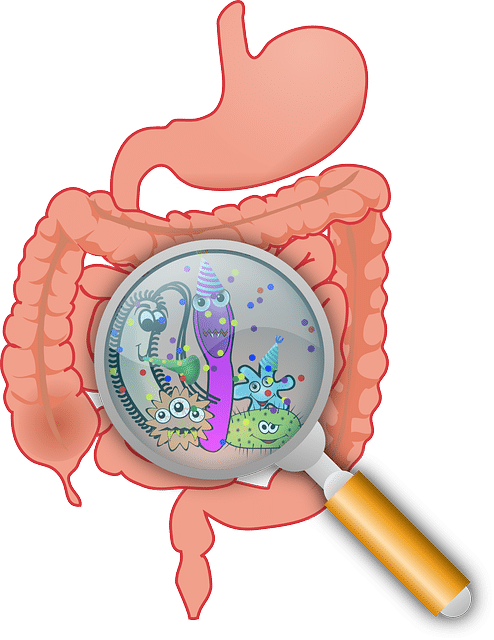Boys with high gut bacteria Bacteroidetes at one year of age were found to have enhanced neurodevelopment cognition and language skills one year later.
Led by Professor Anita Kozyrskyj, and Associate Professor Piush Mandhane, at the University of Alberta (U of A), a group of researchers investigated bacteria found in fecal samples collected from infants. They identified three different groups with similar dominant clusters of bacteria in the fecal samples.
Evaluating the infants on a variety of neural developmental scales, the researchers observed that only the male infants with Bacteroidetes-dominant bacteria showed signs of enhanced neurodevelopment. The findings are published recently in the journal Gut Microbes (Tamana et al., 2021).
Neurodevelopment Disorders in Children & Possible Risks
Neurodevelopment disorders such as autism, ADHD, learning disability in early life can be life-long conditions with diminished cognitive, social, emotional, and academic functioning (Thapar et al., 2017). Worldwide approximately 20.1% of children aged 1 to 7 years old and 13.4% of children aged 6 to 17 years suffer from different neurodevelopment disorders.
The disorders are associated with an increased risk of adverse health outcomes such as falls, disability, hospitalization, and even mortality. Thus, it is crucial to identify the mechanism of development to establish an effective preventive strategy, including a predictive model for the disorder.
With the emergence of the gut microbiome in neuronal signaling, it has become now much clearer that gut-microbiota modulate brain function and contribute to behavioral changes (Ganci et al., 2019).
To investigate its mechanism of development, more research has now focused on the signaling mediators—such as bioactive lipids that gut microdata metabolizes, and that modulate pathways in inflammation, gut permeability, microbiota composition in the neuronal signaling pathway.
This study, led by U of T researchers, found increased biosynthesis of a lipid molecule—glycosphingolipid in the Bacteroidetes-dominant cluster. They also observed that the boys who had a high in the bacteria Bacteroidetes at one year of age exhibited more advanced cognition and language skills one year later.

In the study, the researchers evaluated data from 405 infants involving 199 females from the CHILD (Canadian Healthy Infant Longitudinal Development) Cohort Study at its Edmonton site. They also conducted gene sequencing on 16S rRNA extracted from the fecal samples to identify abundance and type of microbiota. Participants’ neurodevelopmental outcomes were assessed using the Bayley Scale of Infant Development (BSID-III) at 1 and 2 years of age. Using the cluster method, they grouped the infants based on the abundance microbiota.
Bacteroidetes-dominant cluster, the researchers observed in 31.6% cases. When comparing neurodevelopmental variables with other identified species, they found Bacteroidetes-dominant cluster was associated with higher scores for cognitive, language, and motor functions. Only male infants with a Bacteroidetes-dominant microbiota had more favorable cognitive and language development than the female participants.
While investigating if any preventable variables might be associated with outcomes, they observed cesarean birth is one factor that significantly reduces the colony of Bacteroidetes. Having a high-fiber diet, breastfeeding, being exposed to nature and green spaces, living with a dog are among the factors that positively influence gut microbiota composition in infants.
Neurodevelopment: Gender Disparity & Roles of Gut Bacteria
“It’s well known that female children score higher (at early ages), especially in cognition and language,” said Anita Kozyrskyj, a professor of pediatrics at the University of Alberta. “But when it comes to gut microbial composition, it was the male infants where we saw this obvious connection between the Bacteroidetes and the improved scores.”
Kozyrskyj continued, “The differences between male and female gut microbiota are very subtle, but we do know from CHILD Cohort Study data that girls at early ages are more likely to have more of these Bacteroidetes. So perhaps most girls have a sufficient number of Bacteroidetes, and that’s why they have improved scores over boys.”
To determine whether the findings can predict autism or attention-deficit, hyperactivity disorder, the team will continue monitoring the infants participating in CHILD. Currently, the researchers are examining possible other factors, including stress, presence of gut bacterium Clostridium difficile that may influence neurodevelopment in infants.
“Over the first one to two years of life, your brain is very malleable,” said Kozyrskyj. “Now we’re seeing a connection between its malleability and gut microbiota, and I think that is very important.”


















